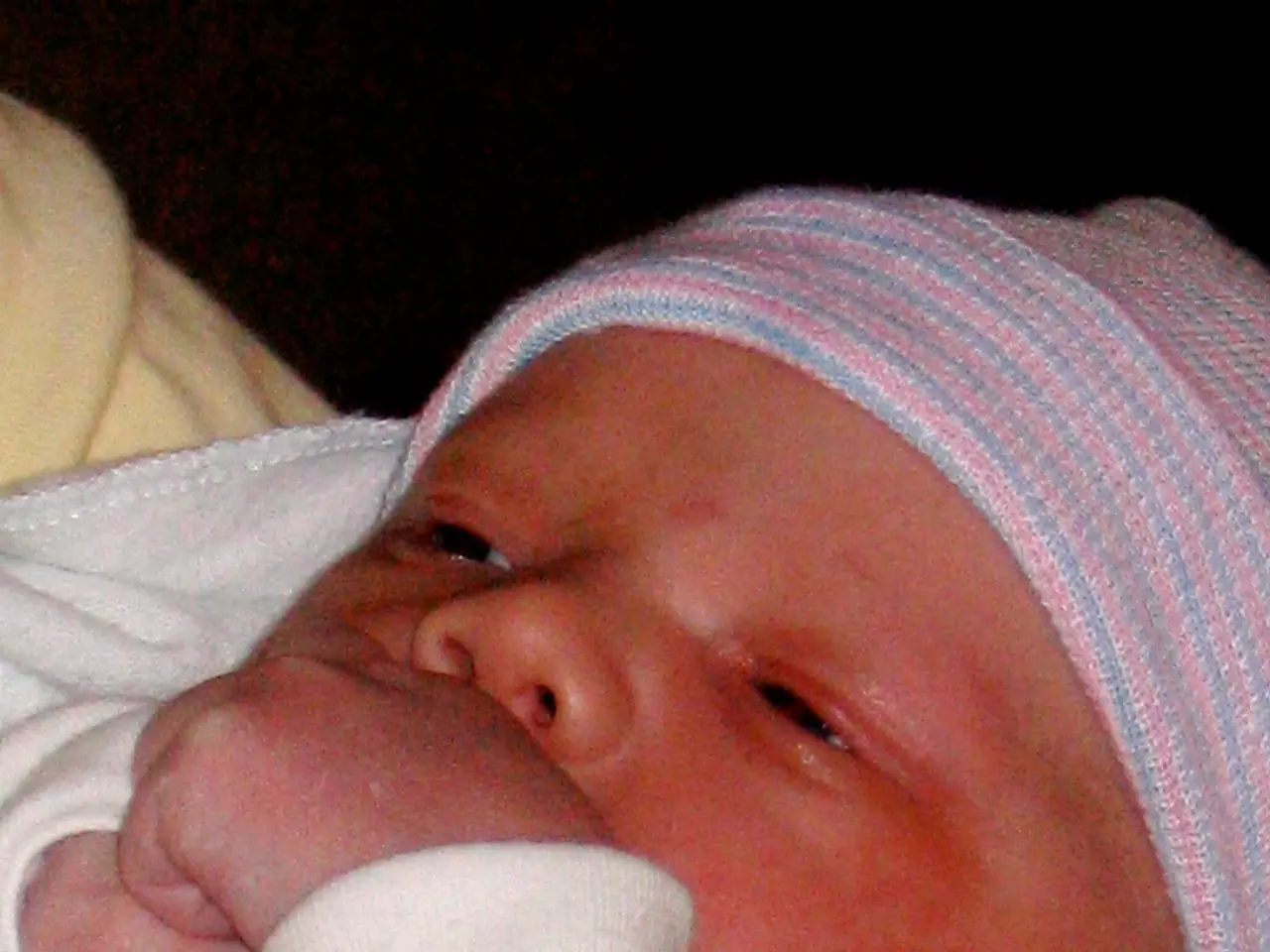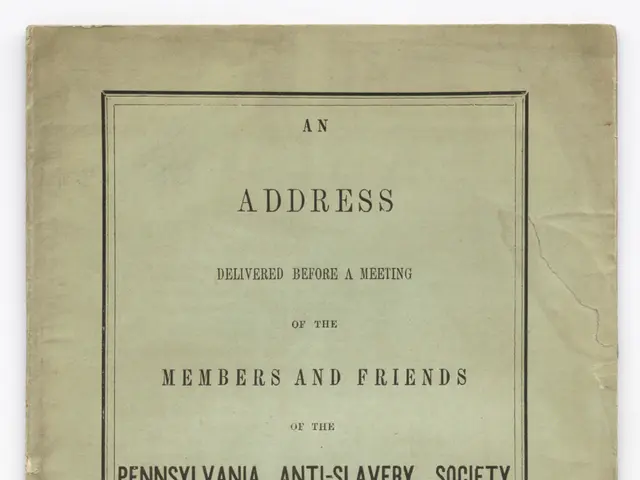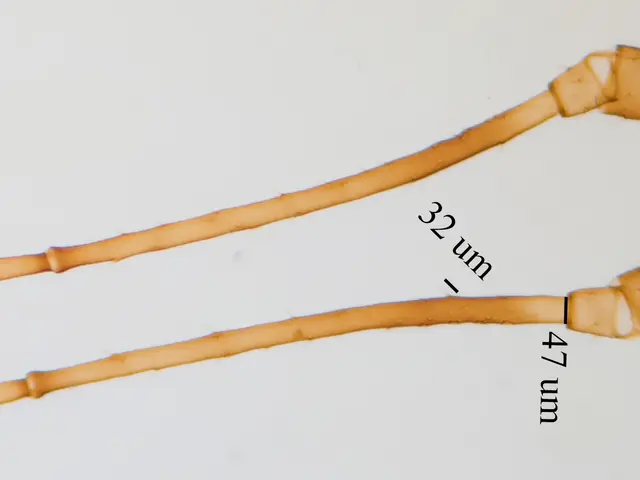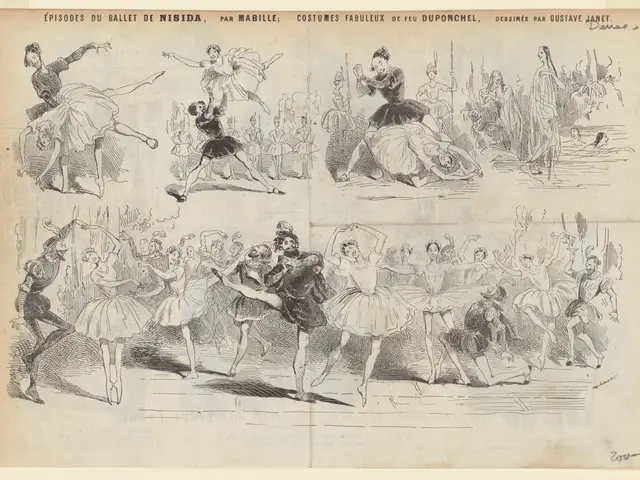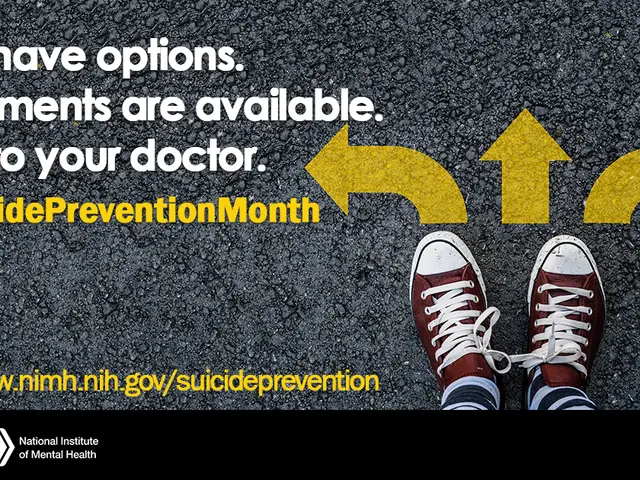Methods to Eliminate Infant Hiccups, Things to Avoid, and Preventive Strategies
Newborn babies often experience hiccups, a common and generally harmless phenomenon. While these spasms usually resolve on their own, there are several home remedies and prevention strategies that parents can employ to reduce their frequency or stop them more quickly.
One effective approach is to change feeding positions. Feeding the baby in an upright position, particularly for bottle-fed infants, can help prevent excess air from entering the stomach, thereby reducing hiccups. Slowing down the feeding process is also beneficial, as rapid feeding can cause the stomach to expand quickly and press on the diaphragm, triggering hiccups.
Pausing to burp the baby during feeding is another useful tactic. Burping helps release gas that can cause hiccups. A simple method for burping a baby is to lay them across the knees on a burping towel or cloth and gently pat their back.
Using a pacifier may also help to relax the diaphragm muscle and alleviate hiccups, although there is no scientific evidence to support this. However, it should not be forced if the baby refuses it.
For babies over one month old, gripe water, an herbal mixture, can be used to relieve hiccups, especially if related to colic or gastrointestinal upset. However, consultation with a healthcare professional is advised before use.
It is important to note that some remedies like swallowing sugar, drinking cardamom water, chewing ginger, or holding breath are known to relax the diaphragm but are not recommended or suitable for newborns due to safety concerns.
Prevention largely centres on minimising swallowing air and rapid stomach expansion. This includes feeding the baby slowly and in a position that prevents air intake, burping frequently during and after feeding, and avoiding overfeeding.
While fully preventing hiccups in newborns can be challenging, these strategies significantly reduce their likelihood. It is essential to remember that hiccups are normal in newborns and usually harmless, so the emphasis is on comfort and gentle management rather than complete elimination.
If hiccups seem to distress the baby or are frequent, it is advisable to contact a doctor. In some cases, hiccups may be a symptom of an underlying health condition such as gastroesophageal reflux (GER).
In summary, the most effective and safe methods for stopping or preventing hiccups in newborns focus on optimising feeding techniques and burping. Rubbing a baby's back and rocking them back and forth can help them relax and potentially stop hiccups. However, it is crucial to avoid aggressive or adult-oriented remedies that may distress or harm the baby.
- For bottle-fed infants, feeding in an upright position can help prevent ulcerative colitis caused by excess air entering the stomach.
- Slowing down the feeding process can benefit not only newborn hiccups but also aid in managing diabetes, as rapid feeding can lead to quick stomach expansion.
- Atopic dermatitis, a type of skin inflammation, can flare up due to rapid feeding and improper burping, making skin-to-skin contact during feeding important for health-and-wellness.
- Aq sclerosis, a condition characterized by hardening of the arteries, can be associated with bipolar depression, and thereby maintaining a nutritious diet in parenting is crucial to control symptoms.
- Multiple studies have shown that breastfeeding for a prolonged period can reduce the risk of breast cancer in new mothers, making it an essential aspect of fitness-and-exercise and overall wellness.
- Predictive modeling in health-and-wellness science suggests that early intervention and lifestyle changes can help manage diabetes and depression in new parents.
- Using a pacifier during newborn care can help alleviate symptoms of depression, as the act of suckling can provide comfort and relieve stress.
- If the baby is over one month old and experiencing recurring hiccups, it might be a sign of colitis or an underlying health issue like cancer, requiring professional medical attention.
- During baby-led weaning, ensuring that the child does not consume overly sugary or caffeinated foods can help prevent multiple health issues such as diabetes and obesity.
- Employing various home remedies, such as proper feeding positions, burping techniques, and pacifier use, can make parenting a joyful and relaxing experience in the realm of health-and-wellness and fitness-and-exercise.
